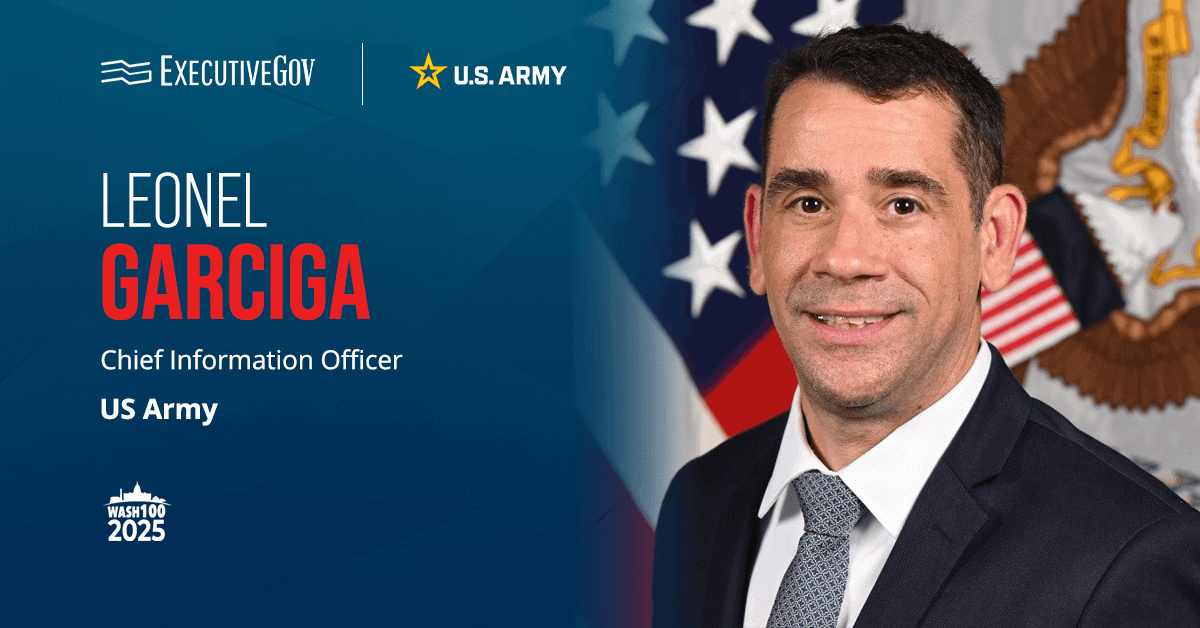
Gregory Brower, former deputy general counsel in FBI‘s office of the general counsel, will assume the role of assistant director for the bureau’s office of congressional affairs.
FBI said Friday the appointment is effective early March.
Brower, who joined the bureau in 2016 after seven years as a partner at law firm Snell and Wilmer, has also served as the U.S. attorney for Nevada and legislative counsel of the Justice Department‘s Executive Office for U.S. Attorneys.
He taught national security law and trial advocacy as an adjunct professor at the University of Nevada’s William S. Boyd School of Law in Las Vegas from 2012 to 2015 and was also inspector general then general counsel of the U.S. Government Publishing Office.
Prior to practicing law, Brower was a surface warfare officer with the U.S. Navy.
He earned his law degree from The George Washington University Law School in 1992.
Related Articles
The United States’ review of the AUKUS security partnership is expected to conclude this fall, Axios reported Wednesday. Led by Pentagon policy chief Elbridge Colby, the review is examining how the trilateral agreement, which began under the Biden administration, aligns with the priorities of the Trump administration. Colby previously voiced skepticism over how U.S. resources are allocated under AUKUS, though he also said Washington should “do everything we can to make this work.” Learn about the latest AUKUS trilateral agreement developments at the Potomac Officers Club’s 2025 Navy Summit, where maritime leaders and Navy experts will address the most critical
The U.S. Army has issued an organization-wide memo to guide the optimization of systems critical to operations. Signed by Leonel Garciga, the service’s chief information officer and a two-time Wash100 winner, the Defense Business System, or DBS, Determination and Implementation Guidance offers clarifications, ensures accountability and enhances governance of the Army’s IT infrastructure. What Is DBS? A DBS is an IT system being used within the Department of Defense to support core business operations, including financial management, budgeting, planning, contracting, logistics, and human resources training and management. It does not cover systems that are utilized for military, intelligence and national
The Catalyst Accelerator has named the six small businesses that will participate in its directed energy and electromagnetic warfare cohort. From August to November, the cohort will meet every two weeks to collaborate with subject matter experts and engage with government and commercial navigators to build connections and develop technologies for the warfighter. The cohort, The Catalyst Accelerator’s 15th overall, is the first to be executed in partnership with the U.S. Space Force’s Space Security and Defense Program. “The Space Security and Defense Program is excited to see such a diverse set of technologies in the Electromagnetic Warfare and Directed





